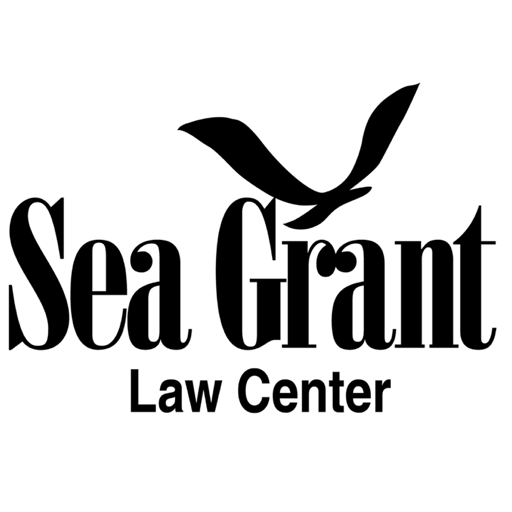By: Amanda Nichols, Ocean and Coastal Law Fellow, National Sea Grant Law Center, October 25, 2017
On August 10, 2017, the Center for Food Safety (CFS) filed a complaint against the U.S. Army Corps of Engineers (Corps) challenging the Seattle District’s implementation of the 2017 Nationwide Permit 48 (NWP 48). A copy of the complaint is available here.
This past January, the Corps released revised and renewed nationwide permits under Section 404 of the Clean Water Act (CWA) and Section 10 of the Rivers and Harbors Act of 1899. These permits—reissued every five years—are integral in facilitating work in streams, wetlands, and other waters of the United States. 2017 NWP 48 concerns commercial shellfish aquaculture activities, and permits projects predicted to have minimum individual and cumulative impacts. Section 404 of the CWA allows specific regions to attach conditions to their adoption of the permits, thus modifying their implementation in the region. On March 19, 2017, the Seattle District announced it would adopt NWP 48 with the condition that commercial harvest of clams by hydraulic escalator harvester equipment would be prohibited. The Seattle Corps’ decision to adopt NWP 48 with only one regional condition angered many environmentalists, who believed the lack of additional stipulations would open the floodgates to rapidly expanding commercial aquaculture operations in Washington State. CFS took issue with this (among other things), and filed a complaint against the Corps in response.
CFS claims the Corps’ revised definition of “new commercial shellfish aquaculture operations” set forth in NWP 48 would allow shellfish aquaculture acreage in Washington State to double to an estimated 72,300 acres—constituting one third of the state’s shorelines. CFS believes this expansion could have serious environmental impacts, including increased pesticide and plastic use, as well as reduction and removal of eelgrass and other submerged aquatic vegetation, negatively impacting aquatic vegetation, forage fish, and other species.
CFS asserts in its complaint that the Corps did not fully consider the environmental impacts of NWP 48 in violation of the CWA, the National Environmental Policy Act (NEPA), and the Administrative Procedure Act (APA). CFS argues that the Seattle District should have imposed additional regional conditions to mitigate environmental harm as well as produced an environmental impact statement.
CFS is asking the court to vacate the Seattle District’s decision regarding NWP 48. Depending on what the court decides in this case, the implications on Washington’s commercial aquaculture could be profound. If the court dismisses the plaintiff’s claims, commercial aquaculture operations in Washington State will be given the opportunity to expand greatly and expeditiously under 2017 NWP 48’s permitting process. However, if the court grants the plaintiff’s requested relief, shellfish aquaculture operations in Washington State would be sent “back to the drawing board,” so to speak, while the Corps revisits its decision and determines appropriate next steps. Whatever the outcome, the court’s decision is an important one to watch as it will establish precedent that could impact the implementation of nationwide permits in the Pacific Northwest for years to come.
